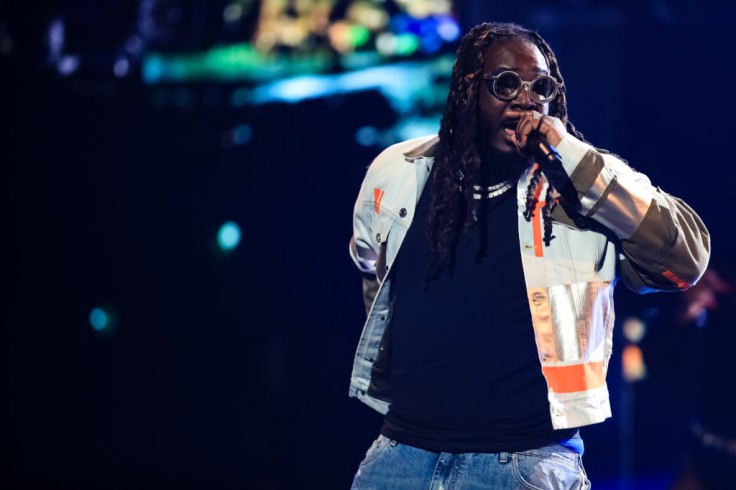
As of 2021, streaming has emerged as a critical component of rappers' ability to generate revenue from their songs.
On the other hand, T-Pain published a list that he claims reveals that streaming may not be as profitable for other musicians.
Rapper T-Pain took to Twitter to share a list of how many streams does it takes for an artist to generate a dollar.
Just so you know…… pic.twitter.com/t8m3PerxT9
— T-Pain (@TPAIN) December 29, 2021
Following the release of the alleged list, the rapper-singer claimed that Napster's one-dollar compensation begins after 53 streams, whereas YouTube's one-dollar payout begins after 1,250 streams. Primary streaming services such as Amazon Music and Spotify pay artists a buck after 249 and 315 streams, respectively, on their respective platforms. The response to T-Pain's post has been a mixed bag. As a protest, some have urged that musicians withdraw their tracks from streaming sites, while others believe that streaming is primarily beneficial to well-known artists in the music industry. The next day, the T-Pain detailed his motivations for disclosing the streaming list to the general public.
I see a lot of “well I guess I’ll use the best one” and not “we gotta make our own” keep in mind, most artists don’t even get the whole $1. I’m just letting the up and coming know what the real is. I worked for mine and there are tons of ways around this if you move right
— T-Pain (@TPAIN) December 29, 2021
The 37-year old musician hoped that sharing his story might inspire other artists to consider developing a streaming service that benefits them rather than simply accepting the existing quo.
Netizens react to the Streaming List
T-Pain's post went viral instantly, garnering over 100,000 likes and 24,000 retweets in only a few hours. Many have supported T-Pain for bringing attention to the economic discrepancies that exists within the streaming platforms. However, some highlighted that the statistics did not seem to be an issue for famous artists such as T-Pain, Taylor Swift, who have a large following.
Just so you know, got talent and you know it take it from your playlist and show it like ahh thisa way thata way. Talent looks to be getting paid sir. Is that 46 billion streams for drake? pic.twitter.com/L3z8e6pQmk
— Wburk393 (@wburk393) December 29, 2021
One user even took the time to try and look at Drake's 2021 hit "Wants and Needs".
This model is only archaic for artists who suck at making music. Not to mention all the money from endorsements, brand deals, the actual label deal/contract, etc. Artists are making tons of money as it is
— Josh Donihue (@Josh_Donkey31) December 29, 2021
The user pointed out that the model is only "archaic" for some artists. The figures that these artists earn from one song per streaming platform alone differ from what they get from endorsements, brand deals, and the actual label deal.
The crazy thing about this chart is that the ARTIST doesn’t make that dollar. It still has to be split up with the label, distributor, etc. https://t.co/UELJGFnh6p
— Michael Harriot (@michaelharriot) December 29, 2021
One even echoed T=Pains sentiment, saying that its "crazy" that the artist who made the music does not take home the dollar, as it has to be split up with others involved.
© 2026 MusicTimes.com All rights reserved. Do not reproduce without permission.







